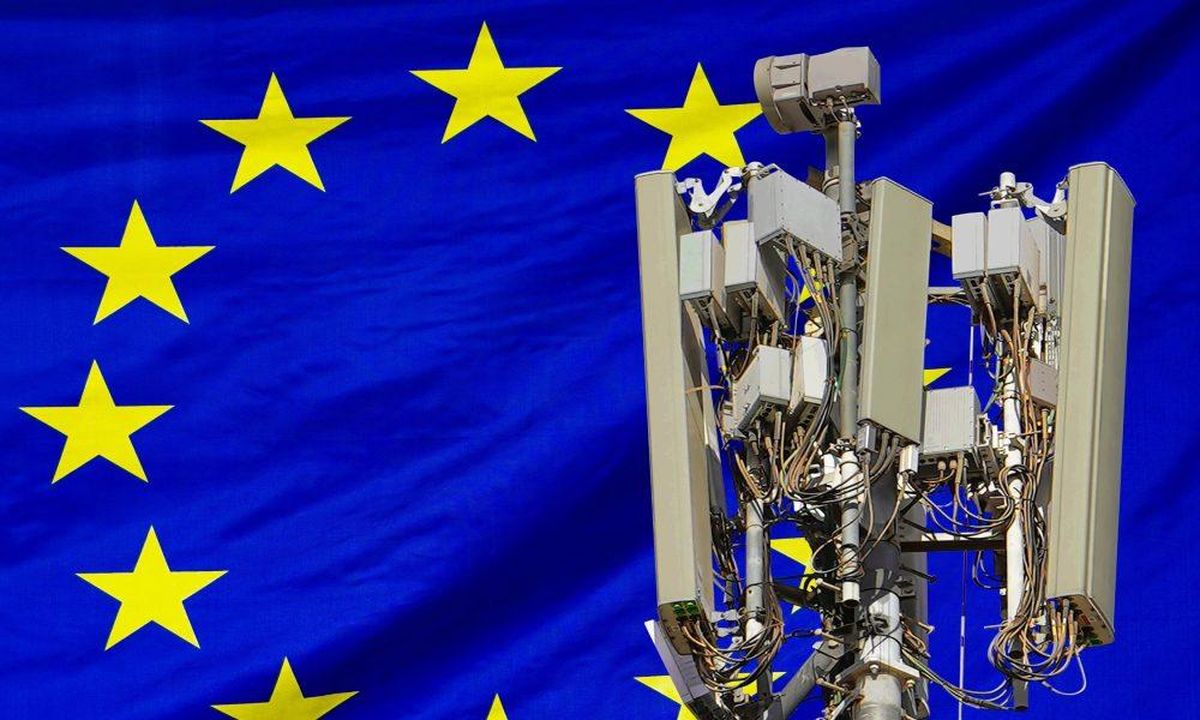Telecom Giants Prepare For European Infrastructure Upgrades

European telecommunications companies are gearing up for significant infrastructure upgrades, especially as nations across the continent ramp up their 5G networks. Recent advancements depict not just technological progress but also increased investment efforts from major telecom players, such as Deutsche Telekom and Vodafone. These upgrades are expected to boost connectivity and facilitate more efficient communications, addressing long-standing infrastructural deficits.
With the lift-off of 5G networks, the telecommunications sector is brimming with optimism. Providers are racing to establish more extensive and reliable networks to support growing demands, driven by the need for faster internet access and connectivity options. Industry observers note this could change how individuals and businesses interact, as well as how industries operate with increasingly digital assets.
Germany’s Deutsche Telekom, for example, is committing to ambitious projects aimed at modernizing its network footprint across the nation. The company has announced it is on track to achieve its goal of installing thousands of new antennas to significantly expand coverage. This will aim to support not just urban areas but also rural communities, which have often been left behind.
Vodafone has similarly indicated its commitment to enhancing digital infrastructure. Recently, it disclosed plans to invest heavily to facilitate the rollout of high-speed fiber optic connections. The initiative is part of its strategy to cover more localities with improved broadband services, which are particularly needed since remote work has become more prevalent.
These investments are timely, aligning with EU’s broader digital strategy aiming to equip all Europeans with high-speed internet by 2030. According to the European Commission, creating high-quality connectivity is considered foundational for any digital economy striving for growth and resilience.
Officials have been vocal about the potential of digital infrastructure overhauls to stimulate European economies. Calls continue to mount for European nations to increase collaboration among telecommunications providers and government entities to streamline the expansion and deployment of high-tech solutions.
While advances are being made, challenges remain evident. Regulatory hurdles and land access issues frequently arise, causing friction between service providers and local authorities. Negotiations surrounding permissions to install necessary equipment often lead to delays. Nevertheless, if these issues are resolved, the long-term gains are projected to outweigh any short-term setbacks. Enhanced infrastructures could potentially bring new jobs, increase digital literacy rates, and promote talent retention throughout the EU.
One significant highlight this year is the European Commission’s announcement of regulatory reforms, which aim to enable easier adoption of innovative technologies across the board—particularly for 5G and fiber networks. This regulatory framework is anticipated to encourage new entrants to the market and promote healthy competition, thereby facilitating lower prices and higher service quality.
Green technology is also playing its part. A large emphasis is being placed on ensuring these upgrades are sustainable. Telecom companies have expressed commitment to adopting greener technologies to reduce their carbon footprint. This aligns with the EU’s climate ambitions and resonates well with consumers increasingly interested in sustainable business practices.
On top of traditional communication capabilities, these infrastructure improvements are expected to open doors to enhanced services, including Internet of Things (IoT) applications like smart cities, autonomous vehicles, and telemedicine, which will become more viable and widespread. For example, cities leveraging IoT technologies could see significant improvements in traffic management and public safety.
Intelligent infrastructure investments also present new revenue generation opportunities for telecommunications companies. By leveraging the data generated from enhanced connectivity, businesses can offer more personalized services to their customers, leading to improved customer satisfaction and business outcomes.
Industry analysts remain optimistic about the future of European telecommunications infrastructure. According to digital economy expert, Dr. Sofia Mendez, “There’s no doubt the continent is on the brink of seeing some massive changes, thanks to operational efficiencies and strategic collaborations within the sector.”
European telecommunications are on the cusp of transformative upgrades aimed at fostering connectivity, economic growth, and sustainable practices. The collective efforts across major players indicate strong signs of growth, development, and responsive regulations, showing optimism for industry-wide advancements.
Give Feedback. How was this article?
You can help us improve by leaving feedback specific to
this content.
How would you rate the quality of this article?
Which of the following feelings did this article evoke in
you?
Multiple Selection
How easy was it for you to find the information you were
looking for in this article?
Super Hard😱
😎Super Easy
Artificial intelligence is increasingly used in content
creation. What percentage of this article do you estimate was generated by AI?
How can we improve this article (or our articles in
general)?
Do you have any other suggestions for improving our content
or
website?
Thanks for the feedback
Thank you for supporting us to improve ourselves with your
feedback.
Related
Zelenskyy reiterates call for air truce after huge Russian attack…
We need Russia to stop attacks, Zelenskyy says, backing calls for truce in air, at seaUkrainian president Volodymyr Zelenskyy has responded to overnight attacks
Europe scrambles to rearm as Trump threatens security guarantees and…
CNN — European leaders have vowed to rearm the continent at historic emergency talks h
Russia launches ‘massive’ attack on Ukraine after Europe rushes to…
Ukraine's energy and gas infrastructure came "under massive missile and drone shelling" by Russia on Friday, a Ukrainian minister said."The energy and gas infra
American severance may be averted, but Europe’s leaders must fear…
With a mixture of regret, laced with incredulity, European leaders gathered in Brussels to marshal their forces for a power struggle not with Russia, but with t












